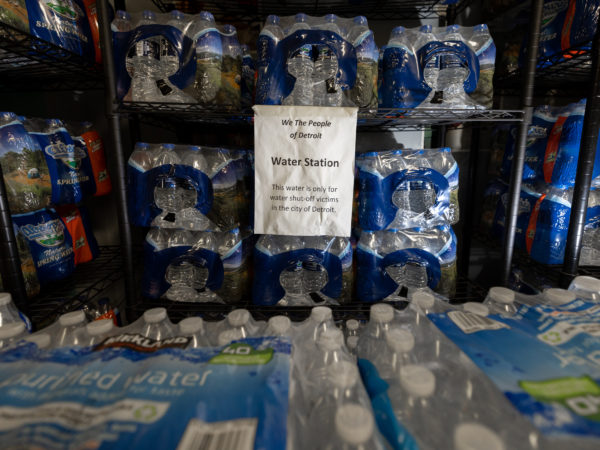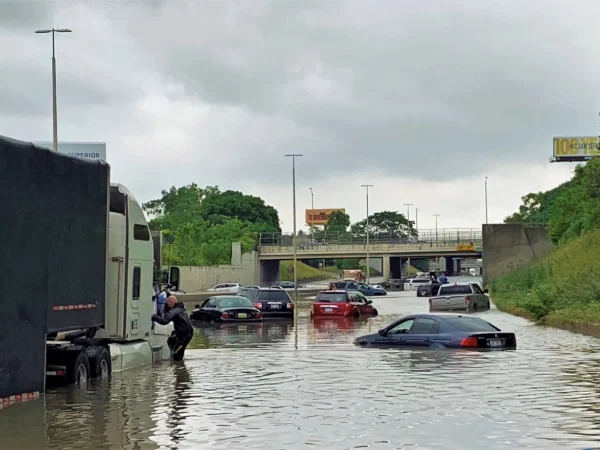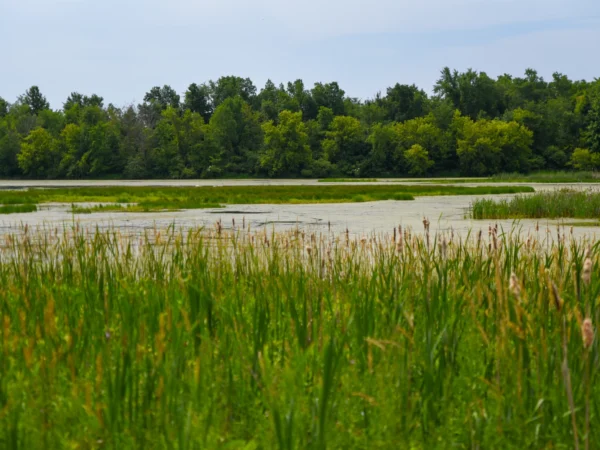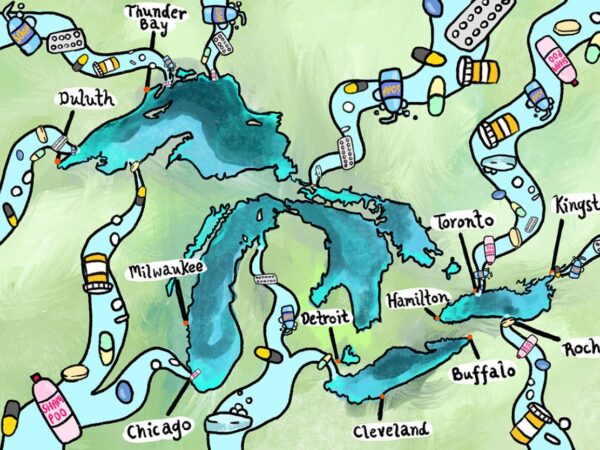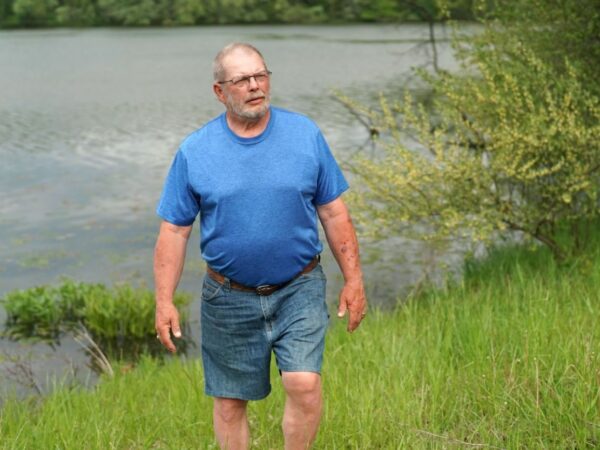Throughout the Great Lakes region and across the U.S., water systems are aging.
In some communities, this means water bills that residents can’t afford or water that’s unsafe to drink. It means that vulnerable systems are even more at risk in a changing climate. From shrinking cities and small towns to the comparatively thriving suburbs, the true cost of water has been deferred for decades. As the nation prepares to pour hundreds of billions of federal dollars into rescuing water systems, the Great Lakes News Collaborative investigates the true cost of water in the Great Lakes region and beyond.
Great Lakes Now Presents
Episode 2205: Water's True Cost
The Great Lakes News Collaborative looks at the cost of water in the region and beyond.
ExploreWatch The Preview
Subscribe on YouTube
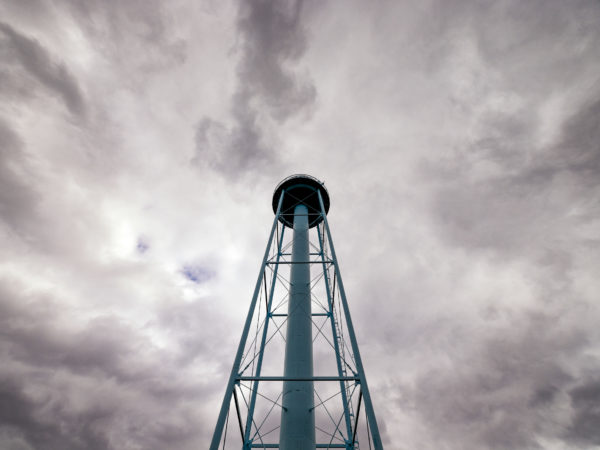
Water’s True Cost
The quality of Michigan’s water infrastructure and the consequences of failure, while still real and apparent, are no longer being ignored.
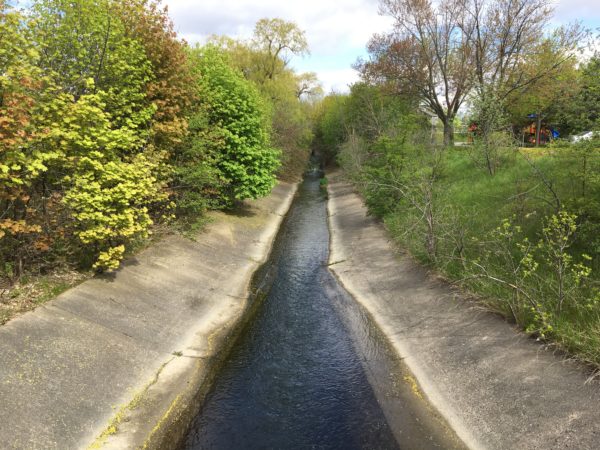
Ontario faces uneven investment in water infrastructure
While much-needed money is being directed to aging drinking water infrastructure, stormwater and sewer systems have been neglected.
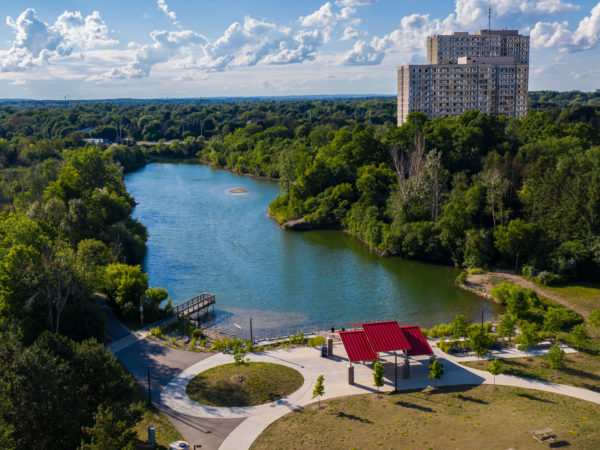
Even in Canada, where water prices are low, aging infrastructure and rising costs are a problem
Water, while still overall affordable in Canada compared to other countries, is growing more expensive as the cost of neglecting infrastructure for decades comes due.
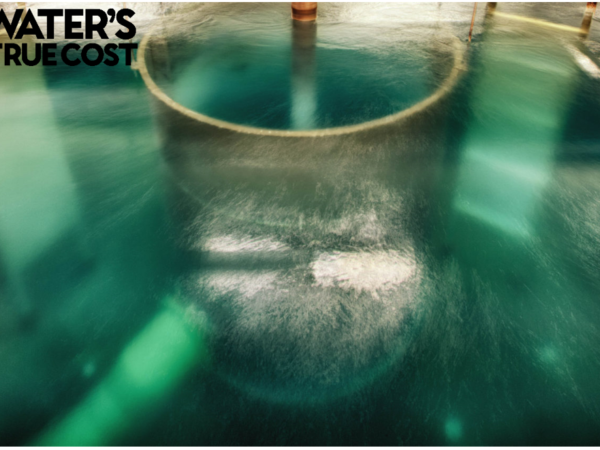
Five fixes for Michigan’s drinking water woes
The Great Lakes News Collaborative asked state and national experts how Michigan could break the cycle of underfunding and poor decision-making that has left water systems across Michigan in sorry shape.
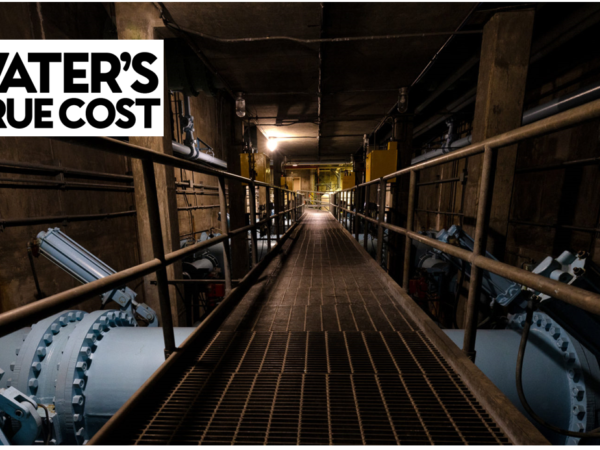
Michigan’s ‘Very Big Opportunity’ in Infrastructure Windfall
More communities gain access to the largest federal infusion in a half century.

Some Michigan water systems are overbuilt, underfunded. Are mergers the answer?
Customers get cheaper, cleaner water when communities share the cost of infrastructure. But Michigan’s experience shows how political conflicts and logistical challenges can complicate the math.
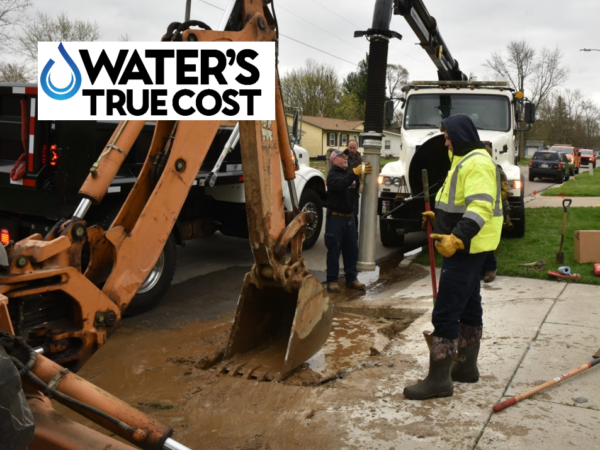
Short-changing Michigan local governments has resulted in deteriorating water systems and other services
Many of Michigan’s cities are reaching a crisis point because of a decline in federal dollars for water and sewer infrastructure made worse by the state’s centralized taxing system.
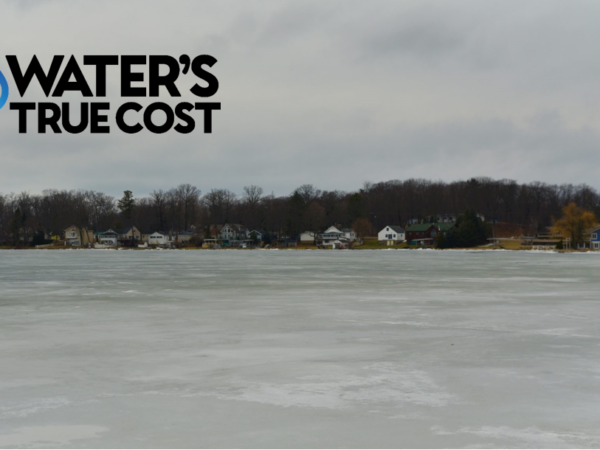
Michigan’s lack of septic system regulations is causing problems for some of its most pristine lakes
The cost of updating sewer systems in growing communities is either a hefty price tag or polluted waters.
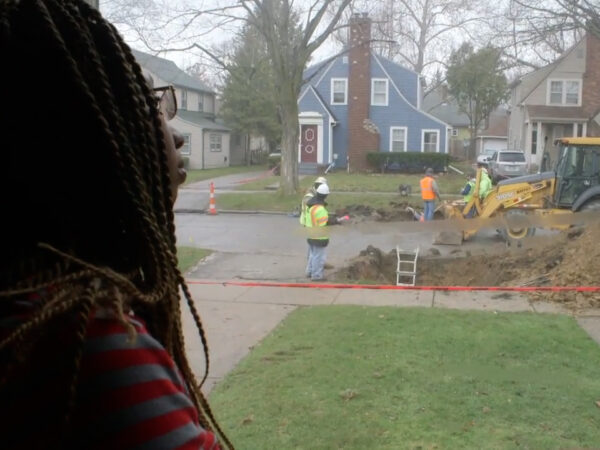
Michigan’s 20th Century water systems too big for its shrinking city populations
Cities around the Great Lakes region struggle with the cost of water maintenance and operation as their populations decline.
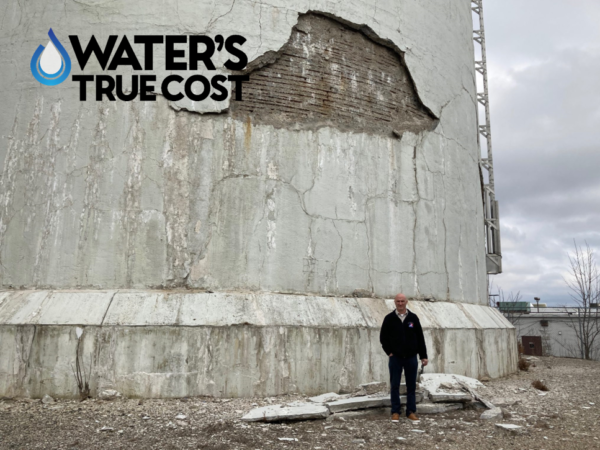
Water woes loom for Michigan suburbs, towns after decades of disinvestment
Michigan cities rich and poor, big and small have been delaying maintenance on their water systems for decades. Now, even wealthy towns are suffering the consequences of past reluctance to pay for water system upkeep.
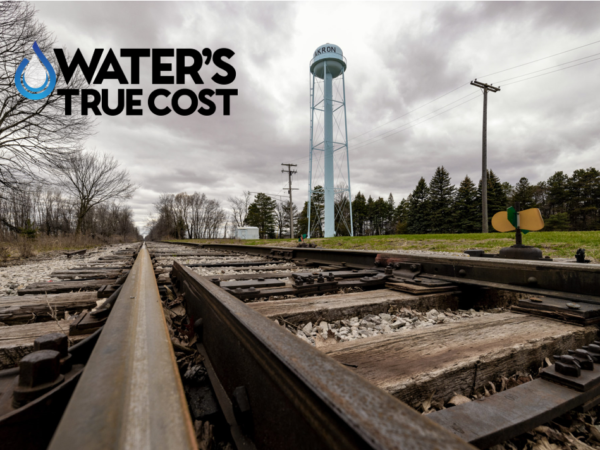
Many Rural Towns Have Neglected Drinking Water Systems for Decades
Rural Michigan’s shrinking populations, growing poverty, and diminished state and federal assistance have fueled a crisis of underfunded drinking water infrastructure.
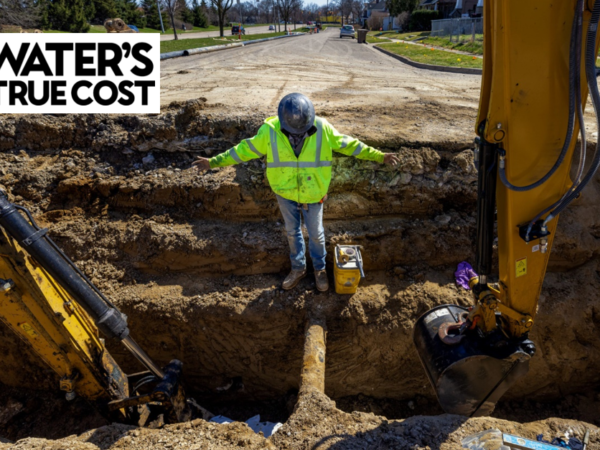
After Decades of Neglect, Bill Coming Due for Michigan’s Water Infrastructure
Federal and state governments begin to reverse course on underinvestment to address water’s true cost.
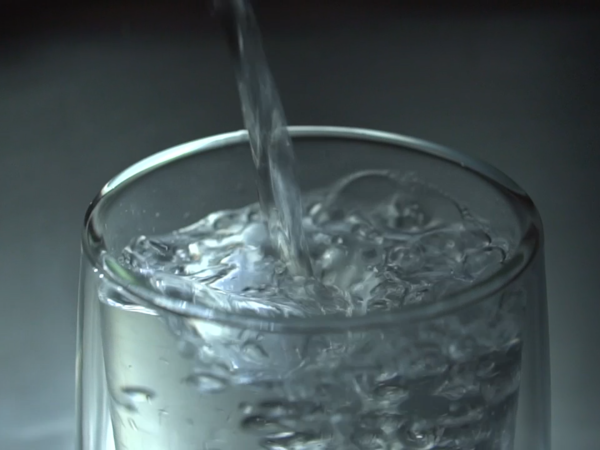
Great Lakes News Collaborative examines Water’s True Cost
For the whole month of May, Great Lakes Now will be looking at aging water infrastructure and the rising literal cost of water as part of a series from the Great Lakes News Collaborative.
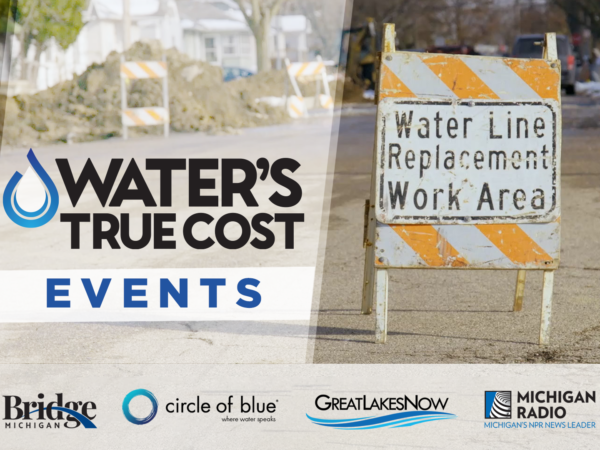
Join the Conversations: Events on “Water’s True Cost” will answer your questions about water infrastructure
As the Great Lakes News Collaborative prepares to publish and air stories about water’s true cost, get these free, virtual events on your calendar to learn more about your drinking water.
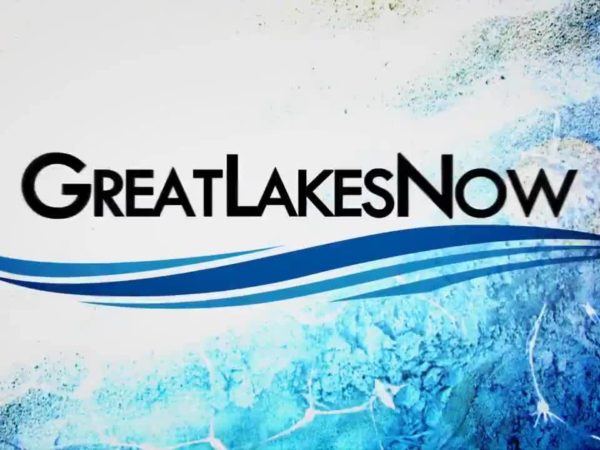
Water’s True Cost: Episode Sneak Peek Watch Party
Join GLN Producer Anna Sysling for a conversation with several guests who all played a part in this episode’s story about the complicated financial, public health and infrastructural implications of our drinking water.
More from the Great Lakes News Collaborative:
Green infrastructure job trainings aim to support growing field
As more green infrastructure projects are installed across the state, more workers are needed to maintain them. Local organizations offer training for workers who want to expand their skills.
To tackle climate change, Michigan enlists a ‘corps’ of volunteers
To prepare local communities for climate change, Michigan and other states are borrowing from a long American tradition of civilian service programs. Meet the inaugural members of the MI Healthy Climate Corps.
How much can wetland restoration reduce farm fertilizers getting into Lake Erie?
Michigan has a program to restore a large wetland area to reduce fertilizer runoff from getting into Lake Erie because it feeds toxic cyanobacterial blooms that spread in the western basin.
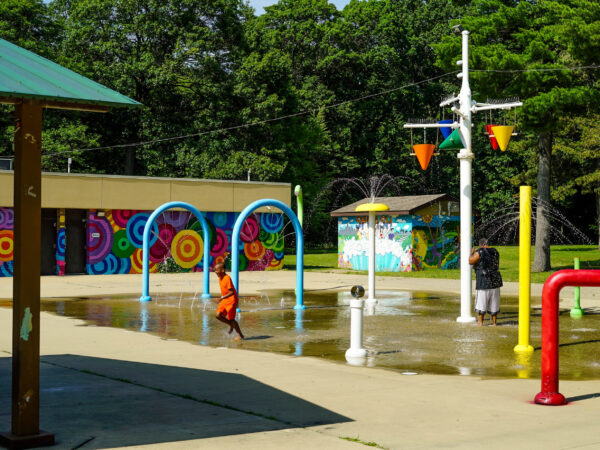
Heat Islands in the Great Lakes: Community, infrastructure and fresh water solutions
Heat is becoming a threat in cities everywhere. Here is the second half of our two-part series which looks at the connection between heat and health, the role water plays, what’s being done, and where these cities have room to improve.
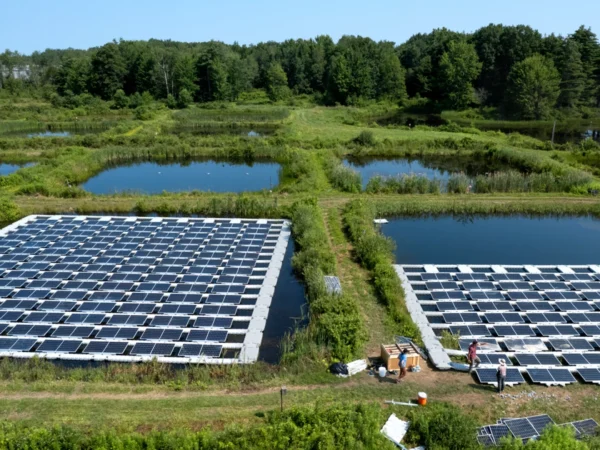
Why some municipalities are looking at putting solar panels on water
Floating solar panels are somewhat new in the U.S. In some places, the competition for land makes putting solar panel on plastic rafts feasible.
Drugs, microplastics and forever chemicals: New contaminants emerge in the Great Lakes
Scientists studying unregulated “emerging contaminants” say Ontario and the federal government need a coordinated plan to protect our water and health
In warming Great Lakes region, water, heat can be an unhealthy combination
From mosquitoes to sewer overflows, the heat and moisture of a changing climate are creating new health threats in the Great Lakes region, prompting a call to educate residents and doctors about the risks.
Bald eagles nearly died out. What can we learn from their return to the southern Great Lakes?
The pesticide DDT nearly wiped out North America’s bald eagles. Communities, scientists and politicians worked hard to bring this symbolic bird back from the brink.


